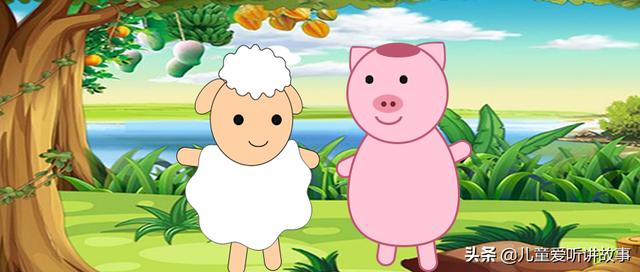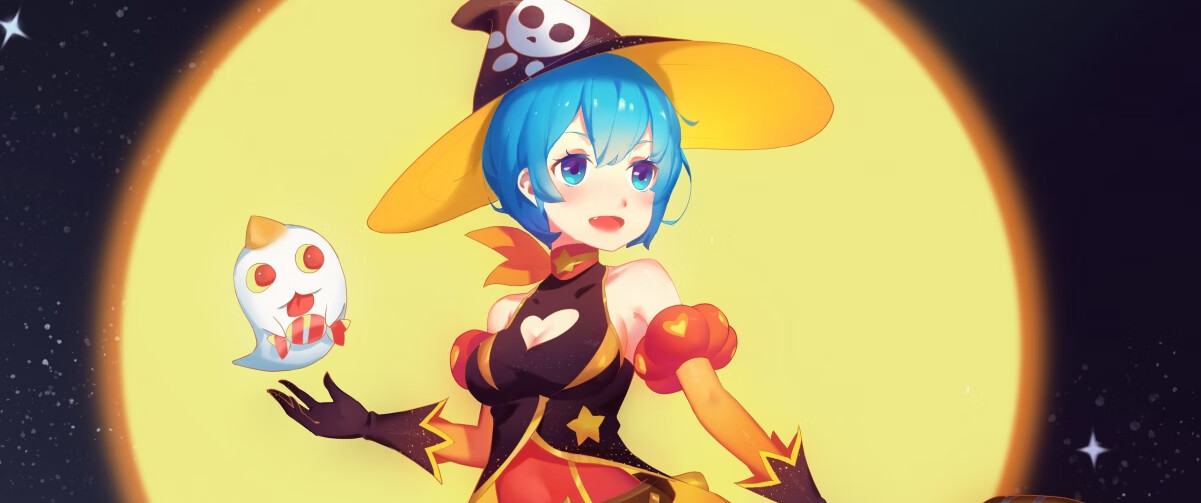hate是什么意思(动词hate用法解析)
hate是什么意思(动词hate用法解析)
1.hate doing
hate to do
hate Sb. (Sth.) doing
hate Sb.(Sth.) to do
都是表示:不愿、不喜欢、讨厌做什么网事
She hates making mistakes.
她讨厌出错。

I hate being photographed
我讨厌照相。
I hate to admit it, but you were right.
我不得不承认,你是对的。
Much as I hate to go, it's now or never.
虽然我很讨厌去,但也就此一回了。
I hate to see these old customs.
我看不惯这些旧习惯。
I'd hate to be the one to disillusion him
我不愿意成为那个让他幻想破灭的人。
He hated to be away from his family.
他很不愿意离开家。
He hates anyone parking in his space.
他讨厌别人占他的车位停车。
She hates me having any fun and is quite jealous and spoiled.
她见不得我开心,嫉妒心强,被惯坏了。
She would have hated him to see how her hands shook.
她会很不愿意让他看到她的双手抖得厉害。
I would hate him to think I'm trying to trap him
我不愿让他以为我是在给他设圈套。
I'd hate anything to happen to him.
但愿他平安无事。
He hates to be interrupted during training
他不喜欢在训练过程中被人打扰。
He hated coming home to the empty house
他不喜欢回到空荡荡的家里。
2.hate +名词或代词,厌恶,讨厌,憎恶(某事物);憎恨,憎恶,仇恨(某人)
I hate spinach.我讨厌菠菜。
Above all else I hate the cold.
我最讨厌寒冷。
I hate Monday mornings.
我讨厌星期一早晨。
The two boys hated each other.
那两个男孩相互仇视。
I hated myself for feeling jealous.
我恨自己的嫉妒心。
I hated myself for writing that letter.
我恨自己写了那封信。
3. hate to do [V to inf] (表示不愿说某事,或客气地请求)不愿,不想
在这种用法的时候只能接不定式。
I hate to say it , but I don't think their marriage will last.
我不愿这么说,但我觉得他们的婚姻不会长久。
I hate to trouble you, but could I use your phone?
我不愿麻烦你,但我能用一下你的电话吗?
I hate to rush you网 but I have another appointment later on.
我真不想催你,但我稍后还有一个约会。
I hate to tell you this, but tomorrow's your last day...
我很抱歉地通知你,明天是你的最后一天了。
4. hate it when (if)+从句;这个用法非常重要,就是一个考试的热点,希望朋友们引起足够的重视。请大家先看下面试题:
I hate _________ when people accuse us of that.
A. it B. that C. them D. 不填
【答案分析】
此题容易误选 D,许多朋友想当然地认为when 所引导的句子是一个宾语从句,无需在 hate 和 when 从句之间使用其他词语。事实上,when 在此引导的不是一个宾语从句,而是一个时间状语从句,因为句中的 when 的意思并不是“什么时候”,而是“当……时候”。
另一方面,有的朋友可能认为,就算 when 引导的是状语从句,也可以选D,因为动词 hate 可视为不及物动词,其后不接宾语。
但事实上,hate 在现代英语中只用作及物动词,其后必须要有宾语,假若其后直接跟有 when 引导的时间状语从句或 if 引导的条件状语从句时,习惯上在其后跟用 it,有的词典则把 hate it when (if) 作为一个句型来处理。
另外,hate+it+地点或时间;也是常考的热点,这个it不能少:
He hated it in France .
他对法国的生活感到厌恶。
Yes, I hate it too.
是的,我也讨厌它。
I like it here
我喜欢这里。
I love it at St Mirren so I'm in no hurry to go anywhere
我喜欢在圣米伦的生活,所以我哪里也不愿去。
顺便说一句,除 hate 外,动词 like, dislike, love, enjoy, prefer, appreciate 等也有类似用法特点。如:
I hate it when people cry.
我厌烦别人哭。
I hate it when people talk with their mouths full.
我讨厌别人吃着东西的时候说话。
动词hate用法解析
I hate it if somebody 网is hurrying me when I have a shower.
我还讨厌人家在我洗澡时催我。我冲澡时间都超长的!
I really hate it when people say this to me.
我真的讨厌别人对我这么说。
I hate it when you get angry.
我不喜欢你发火。
I like it when she reads to us
我很喜欢她读书给我们听。
I don't like it when you shout at me. 我不喜欢你对我大喊大叫。
I dislike it when you whistle. 我不喜欢你吹口哨。
I don't love it when she tells me how to do things. 我不喜欢她对我做事指手划脚。
I love it when I hear you laugh.
我喜欢听你笑。
I should prefer it if you didn’t go there alone. 我倒希望你不要一个人去那儿。
We really appreciate it when she offered to help. 她来帮忙了,我们十分感激。
I would appreciate it very much if you would help me with it. 如果你能帮助我做这事,我将十分感激。
I would appreciate it if you paid in cash.
假如你支付现金的话,我会不胜感激。
I'd appreciate it if you wouldn't mention it.
如果你不提它,我会很感激。








